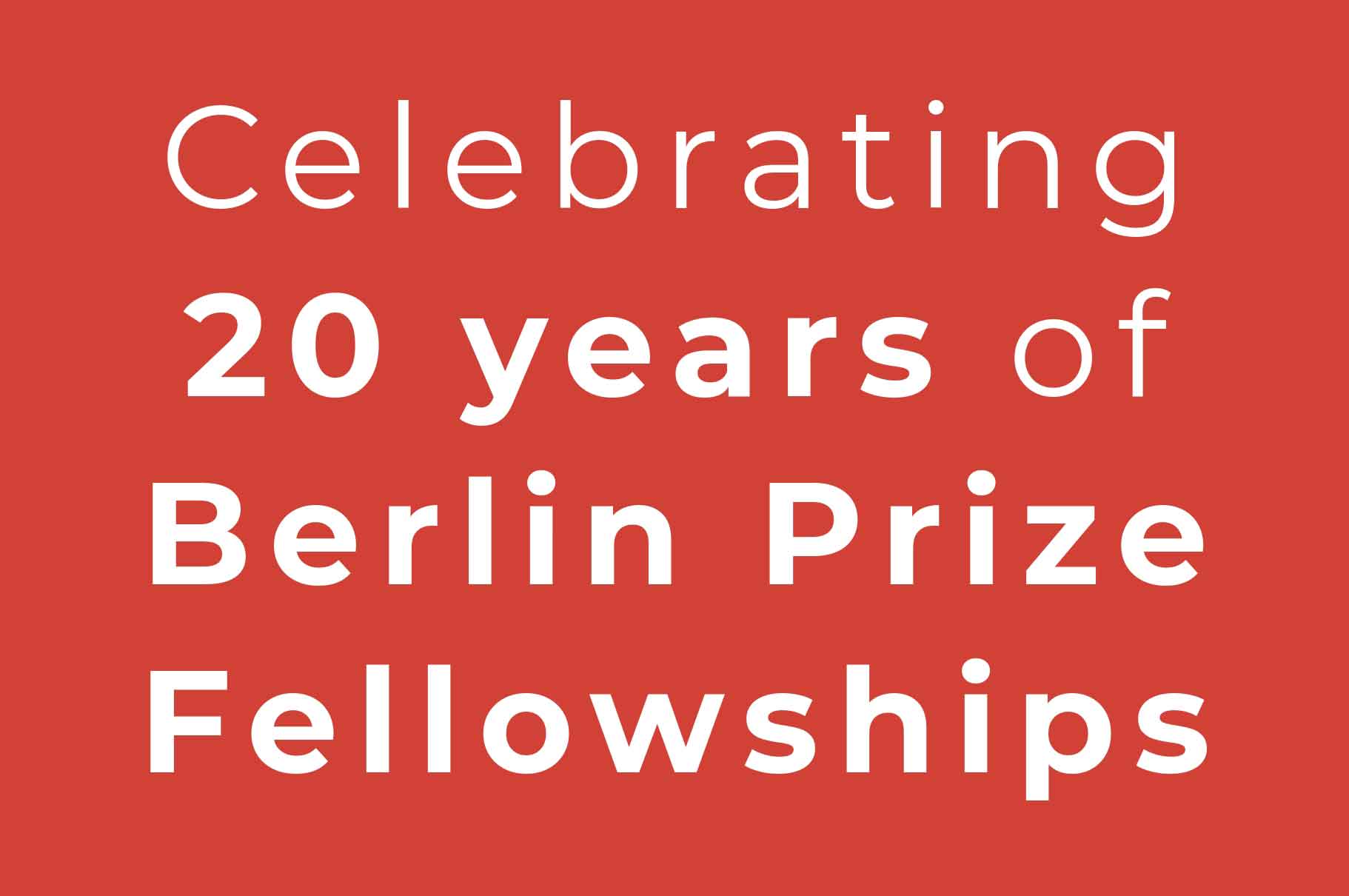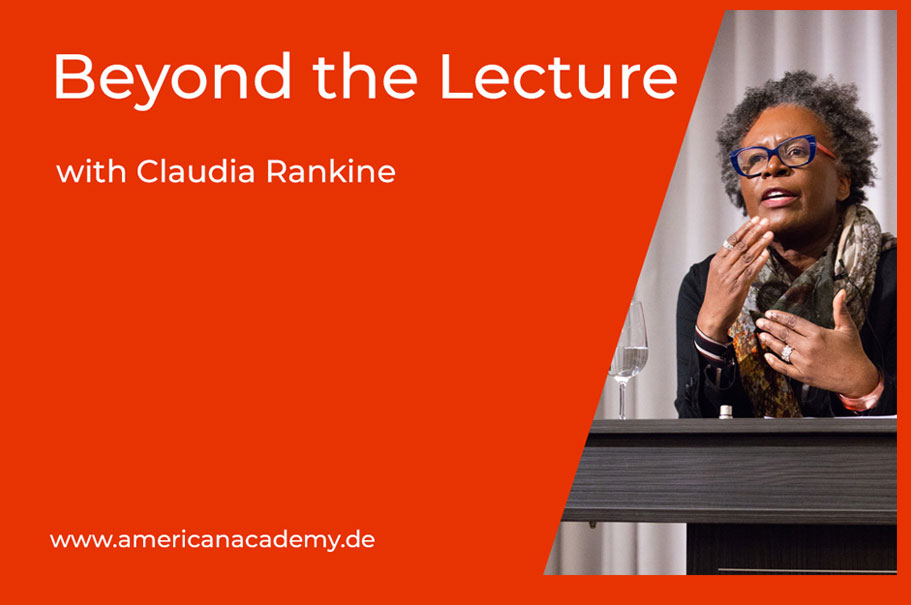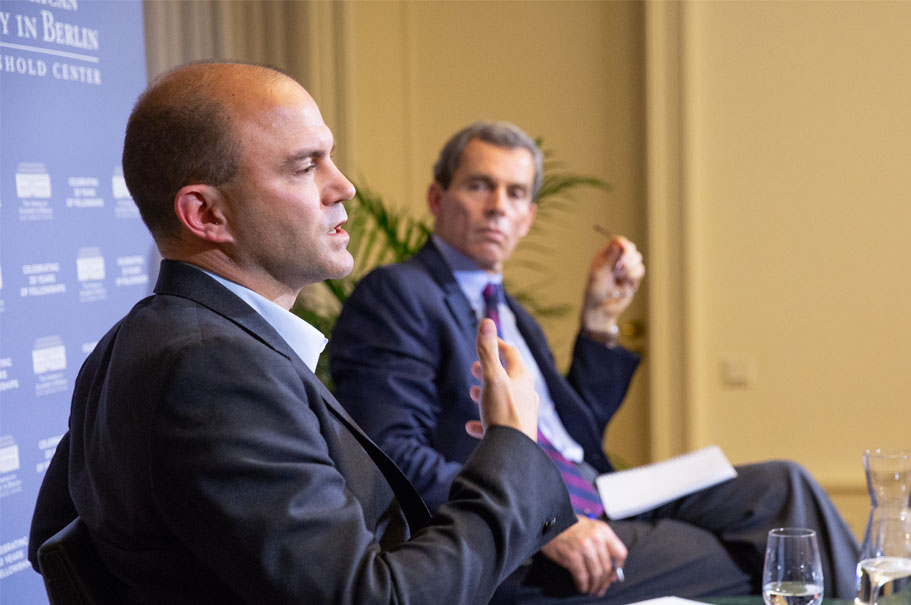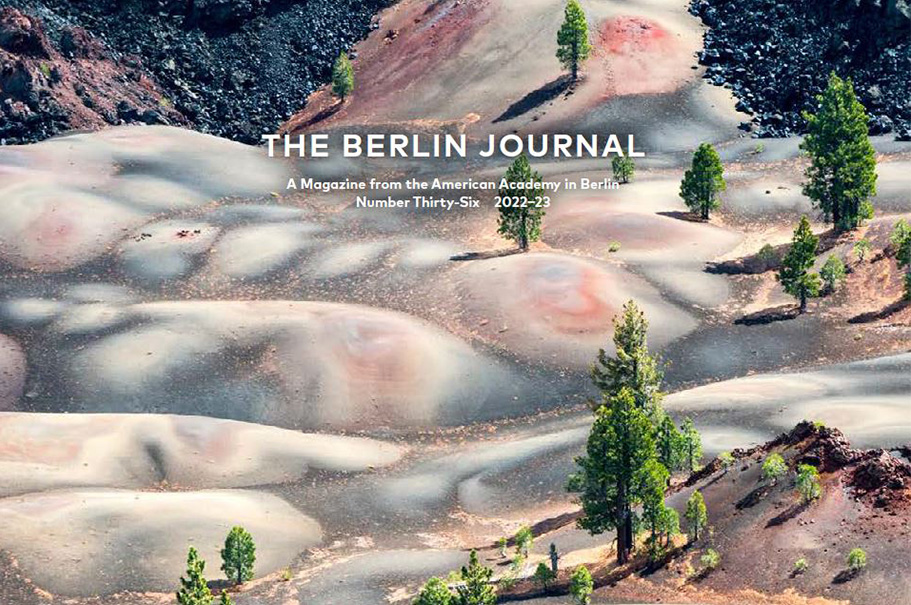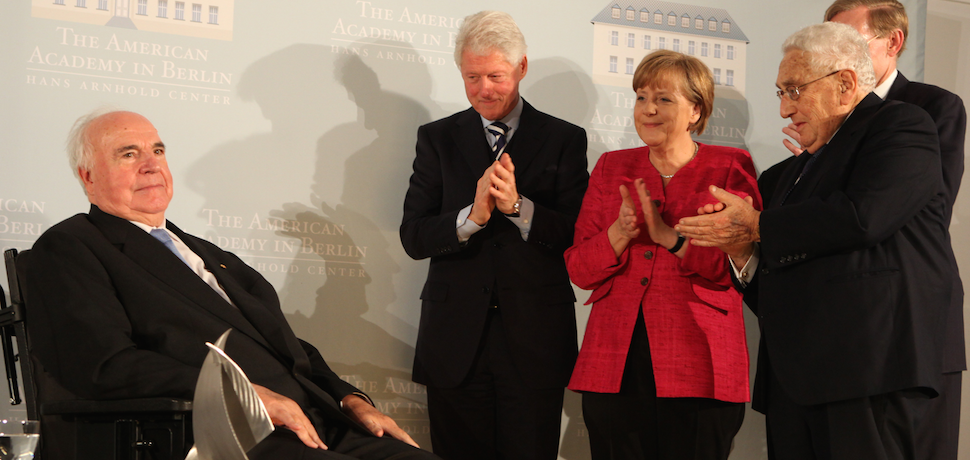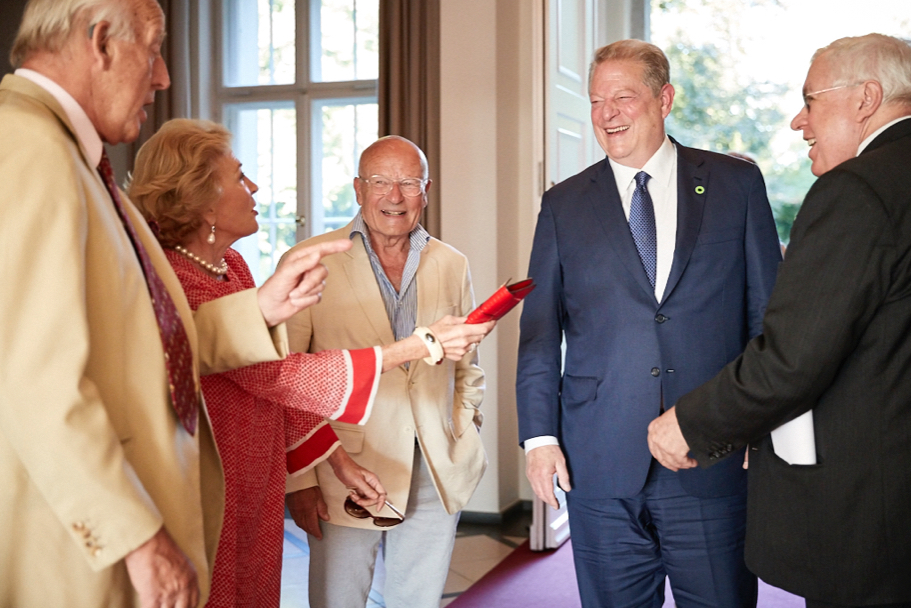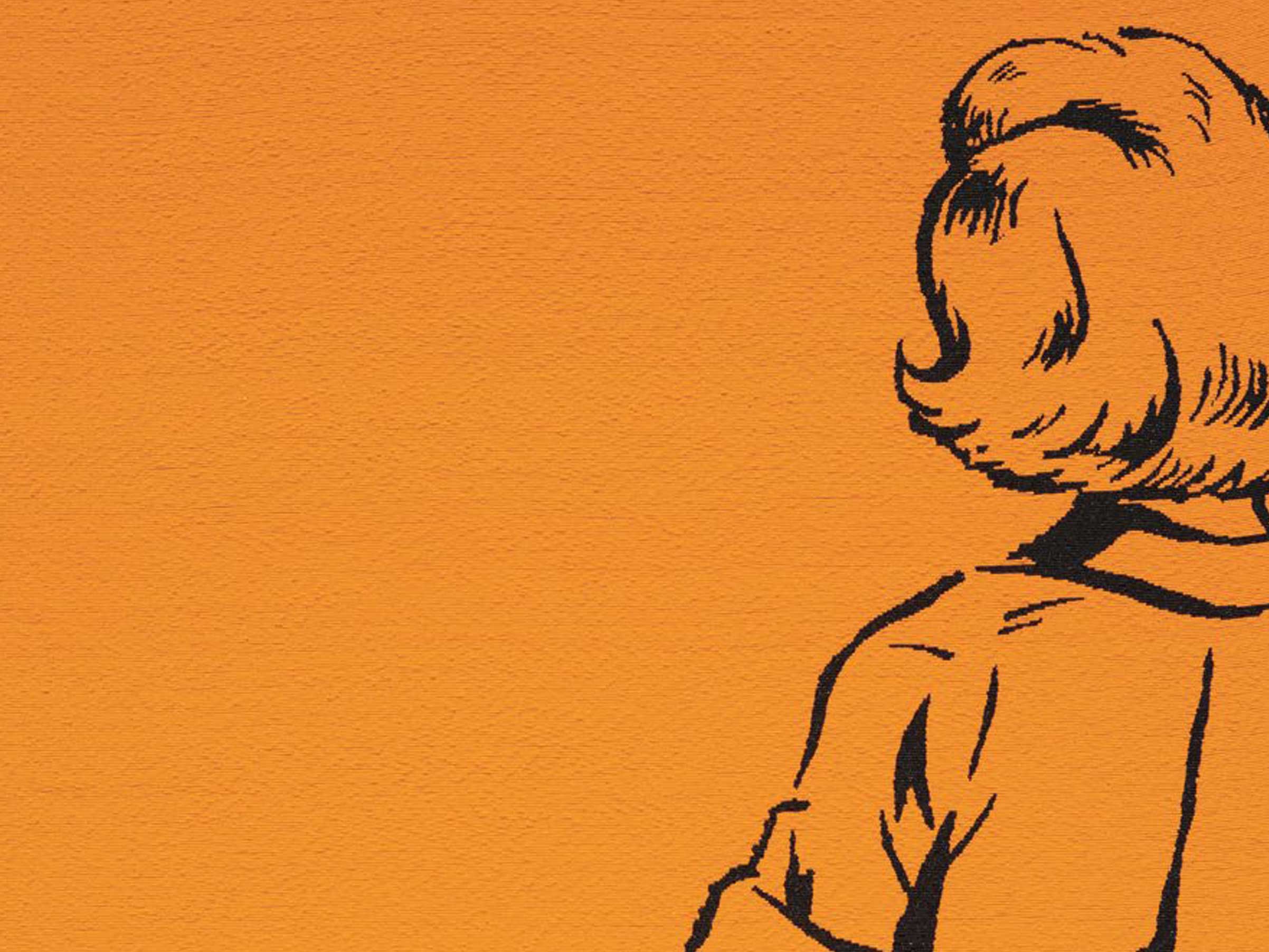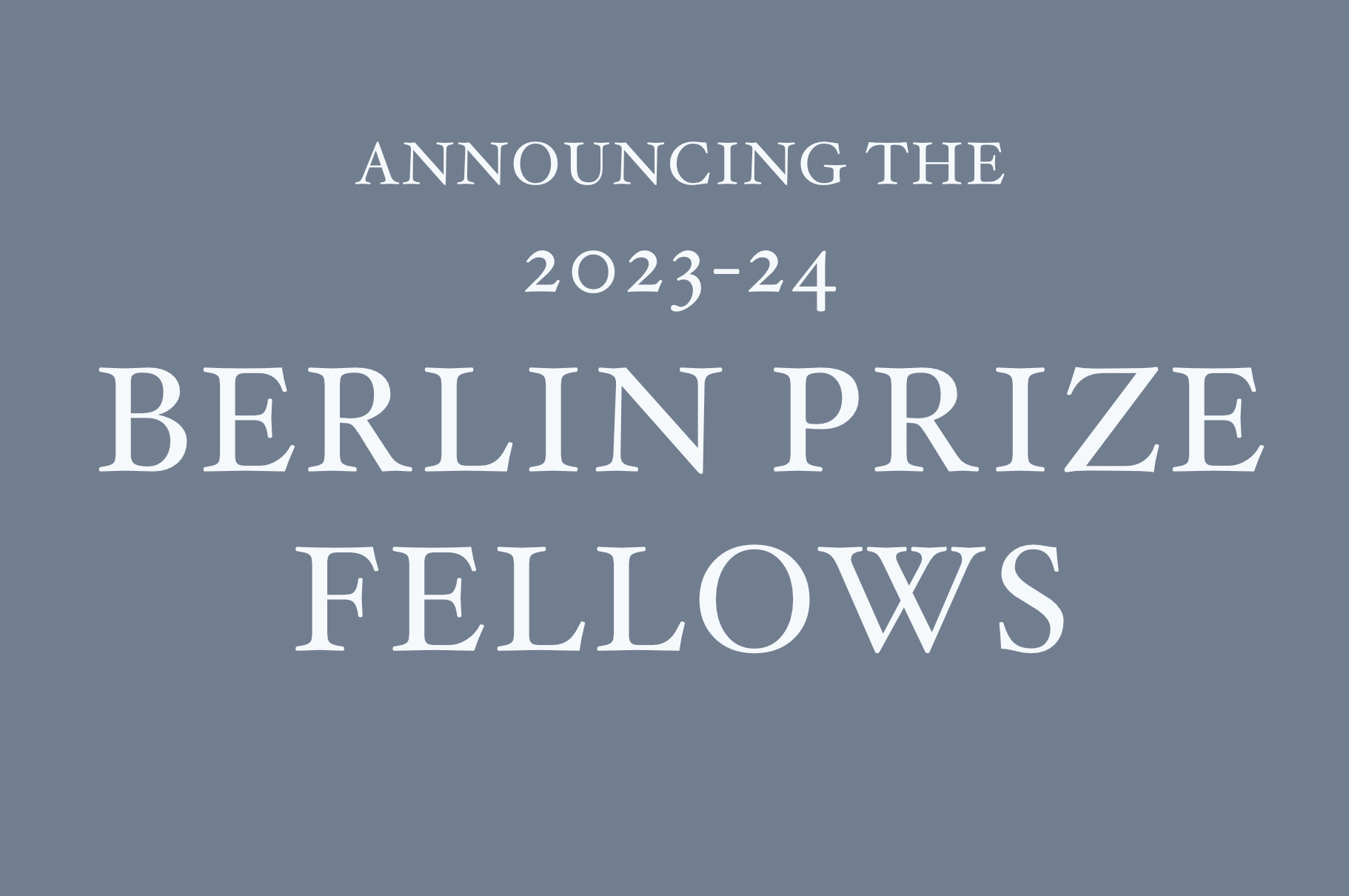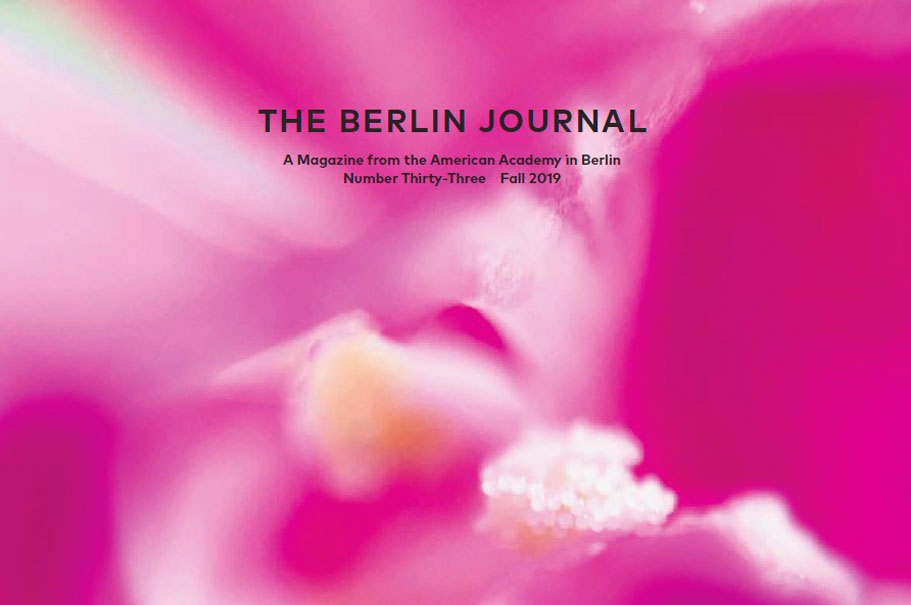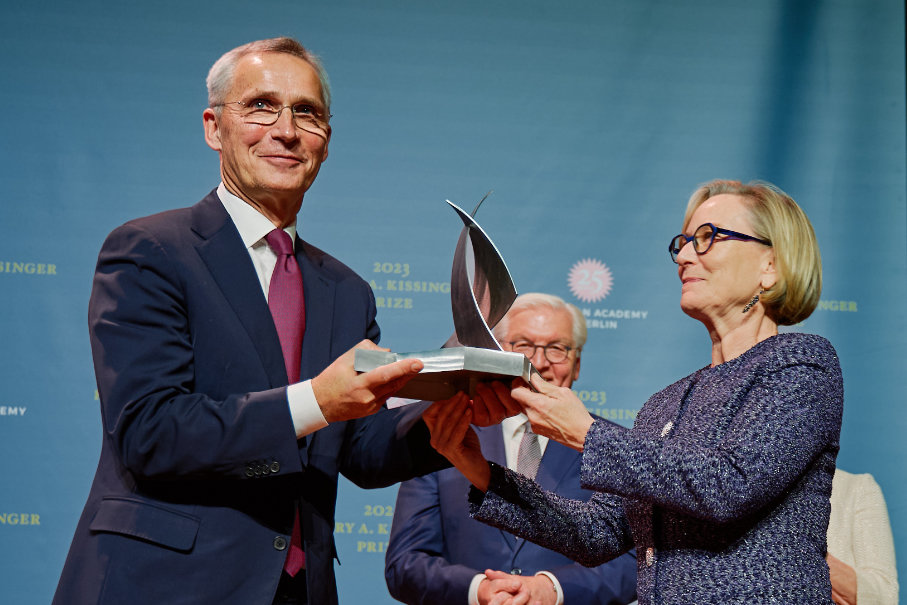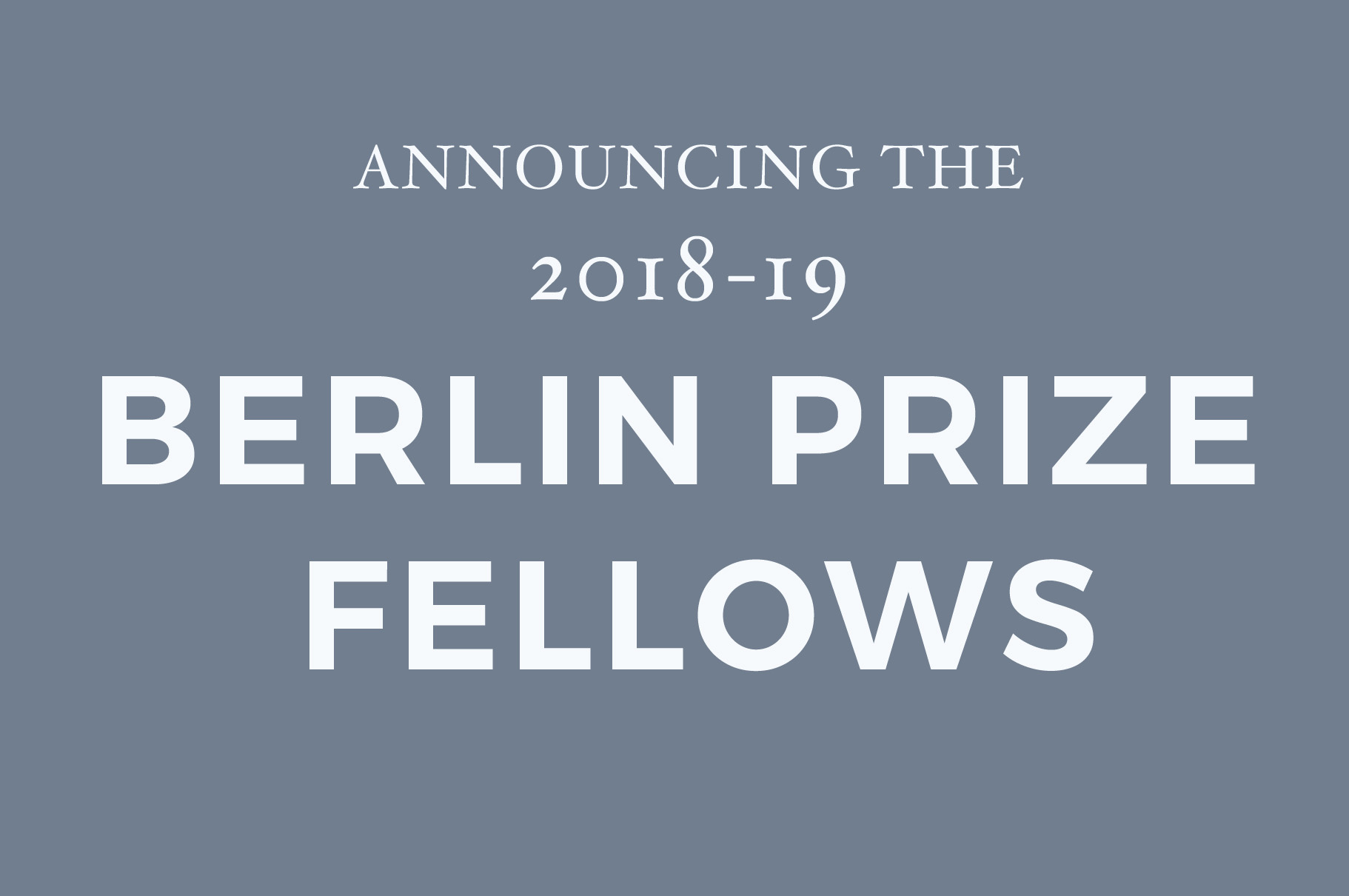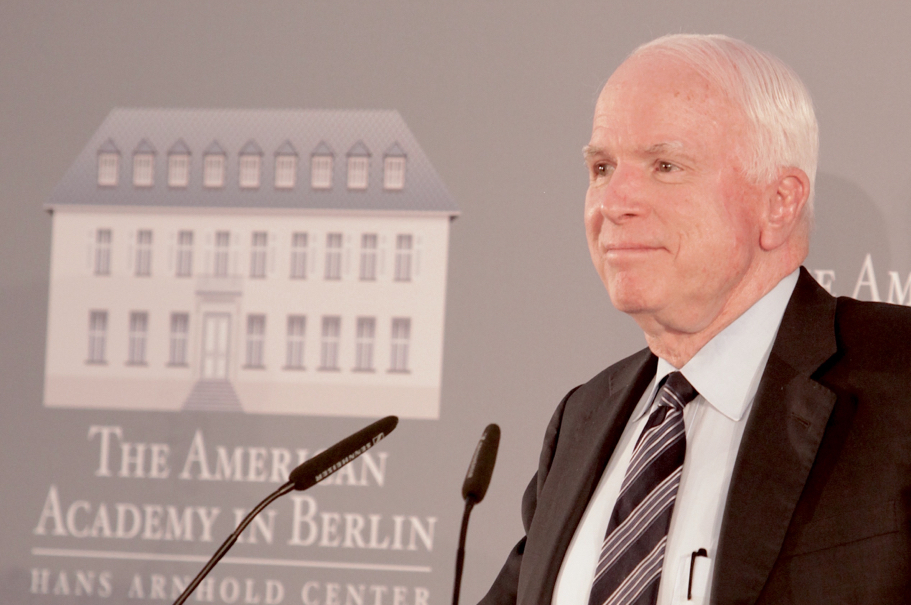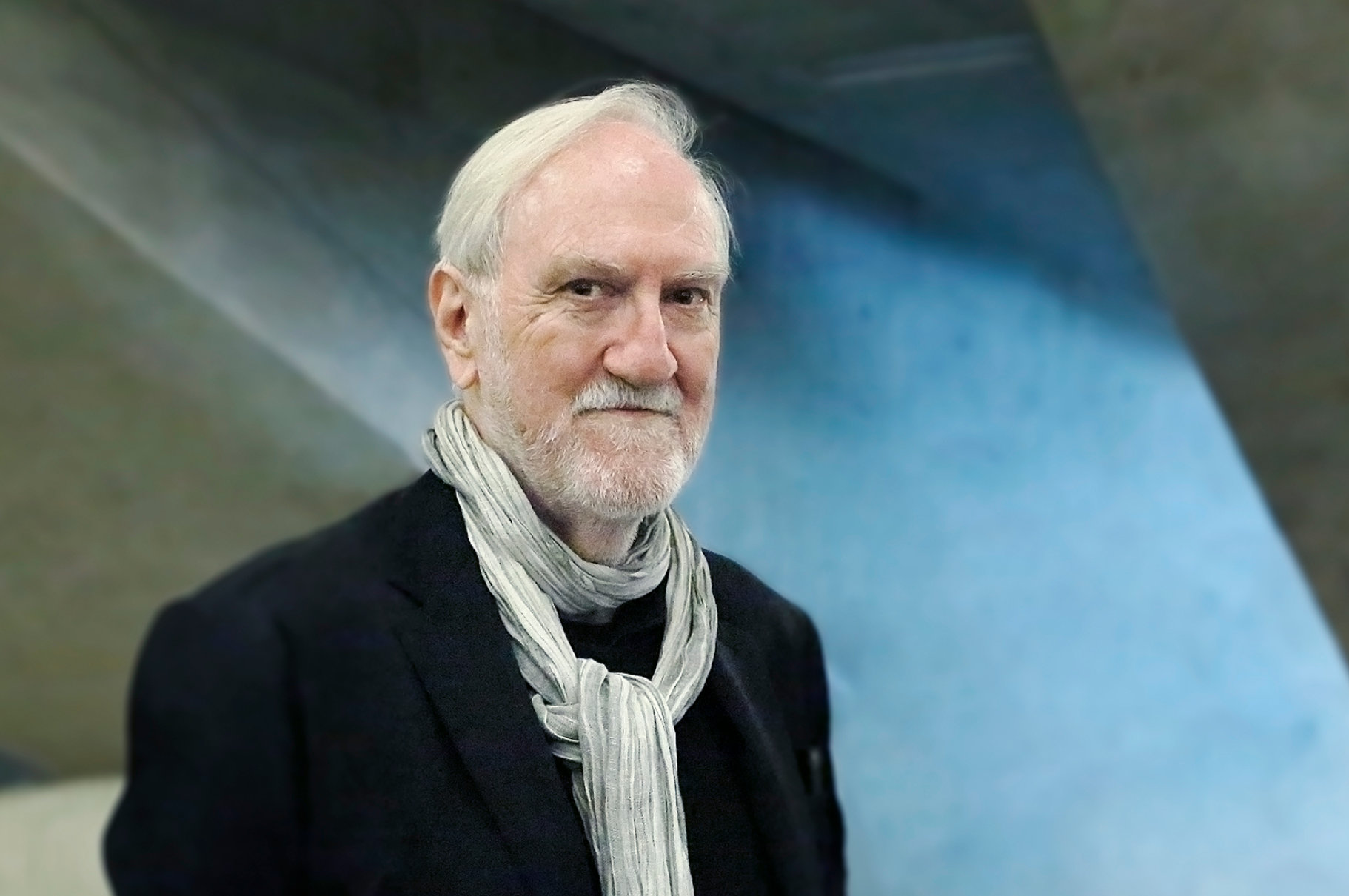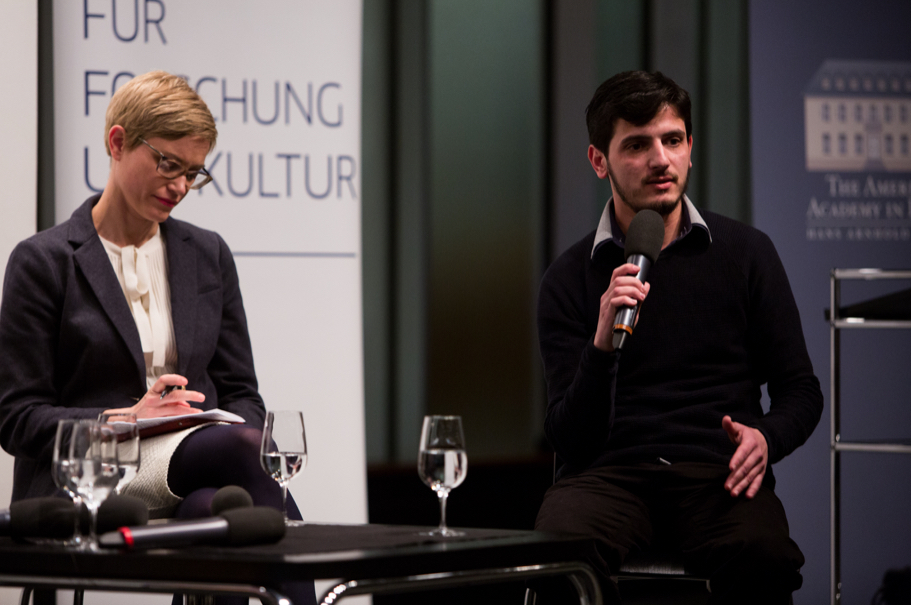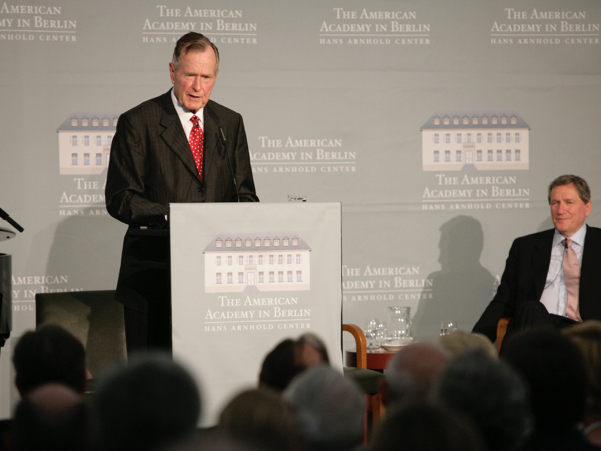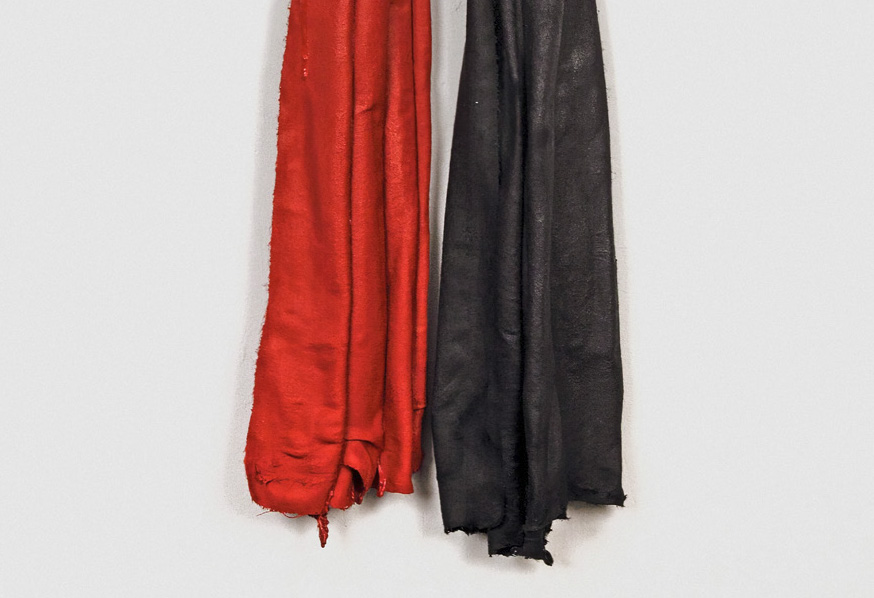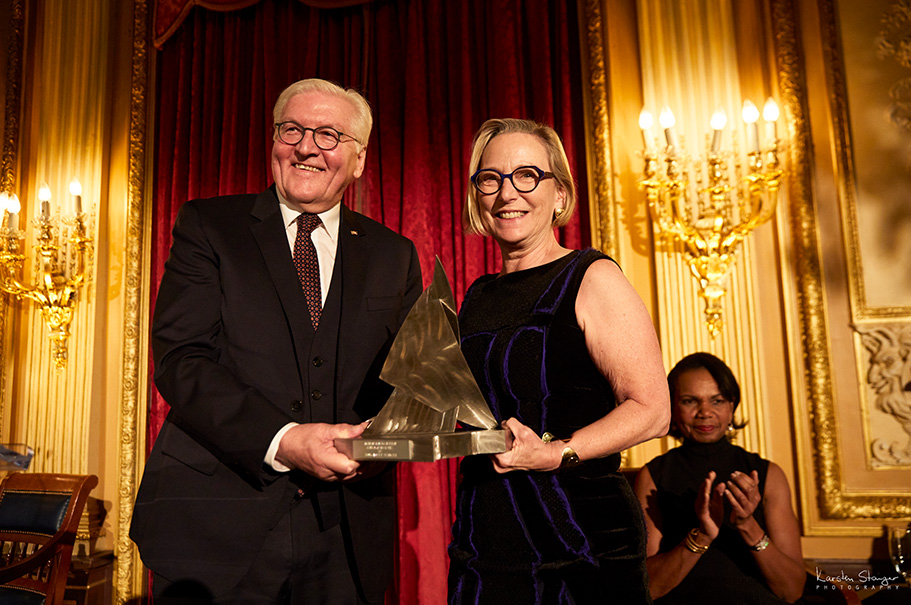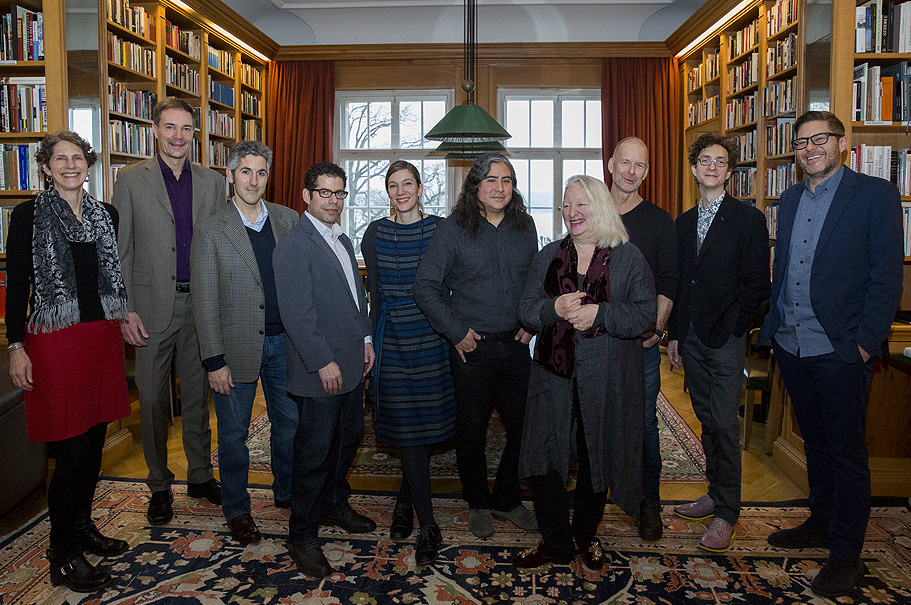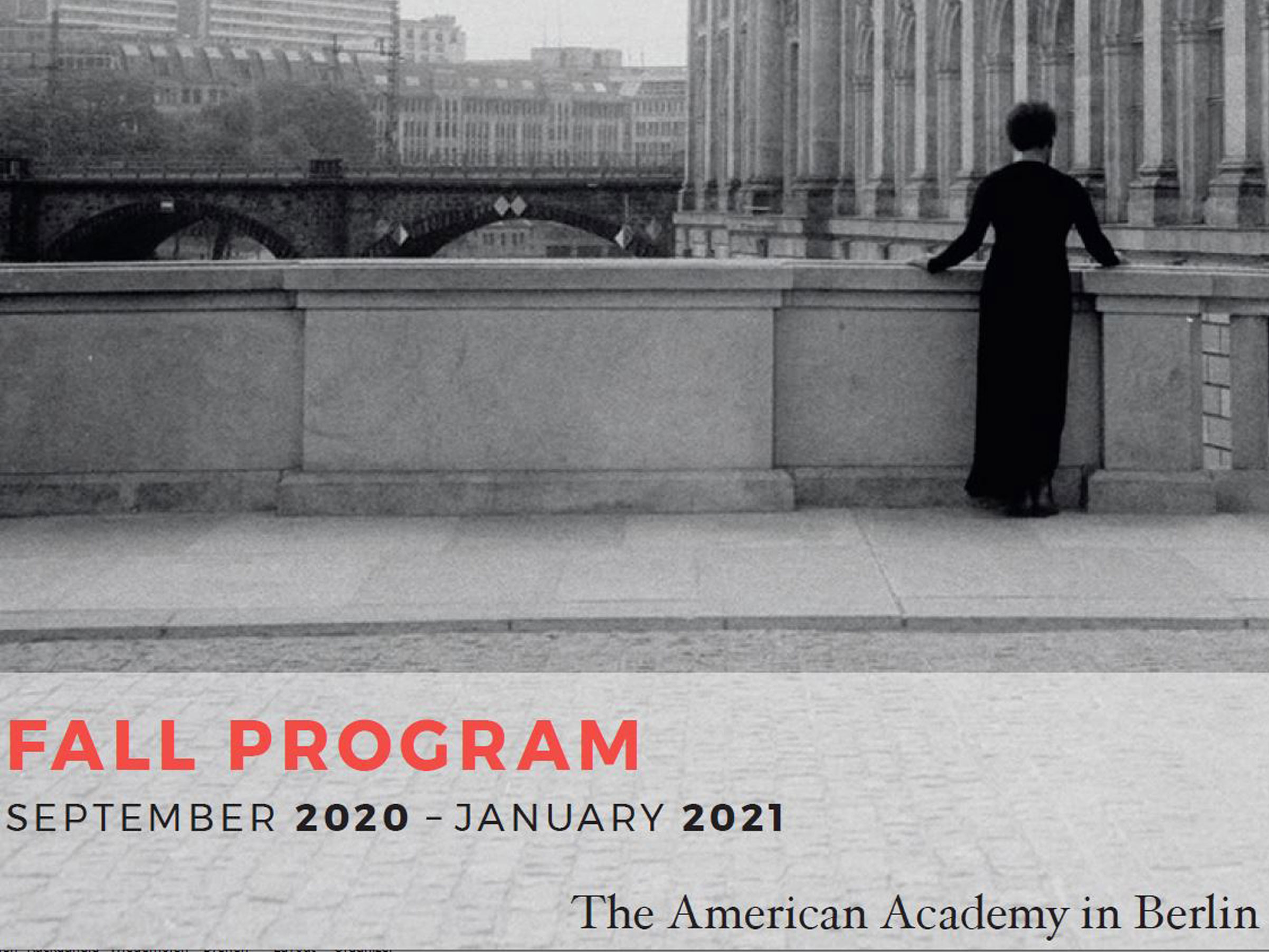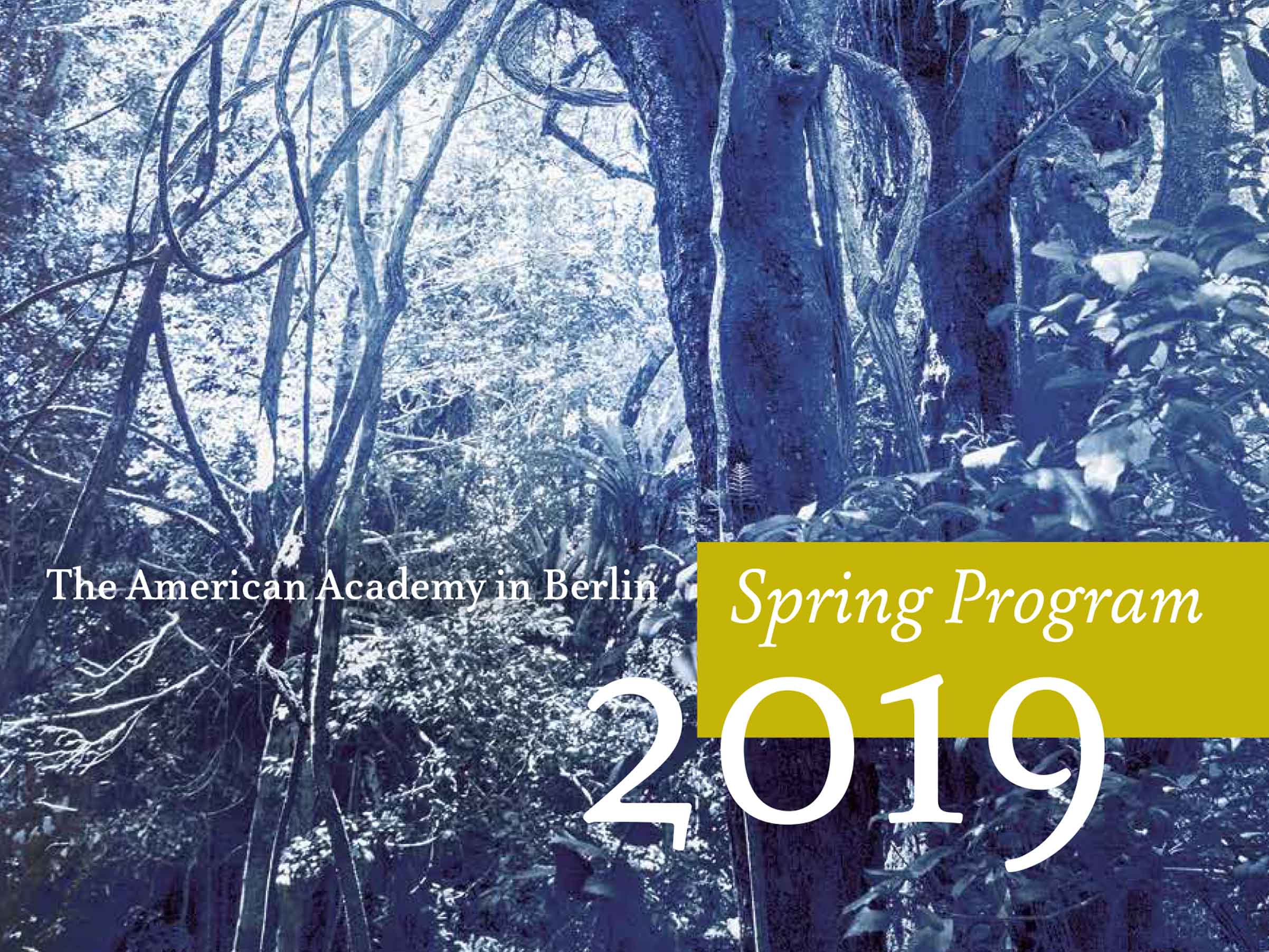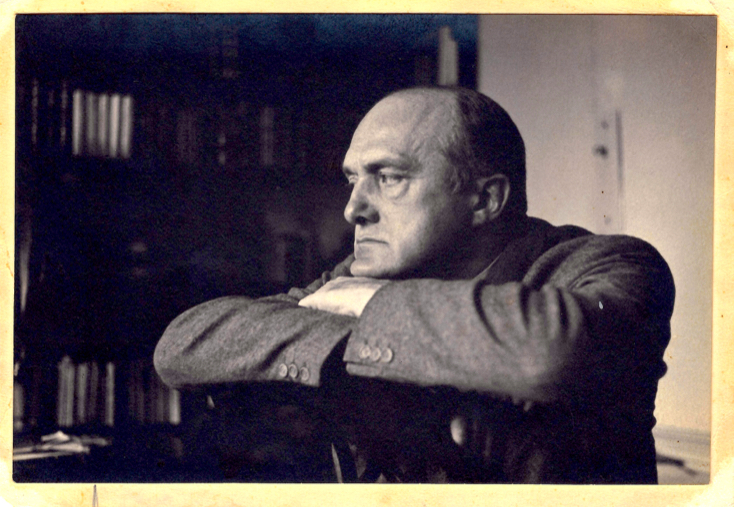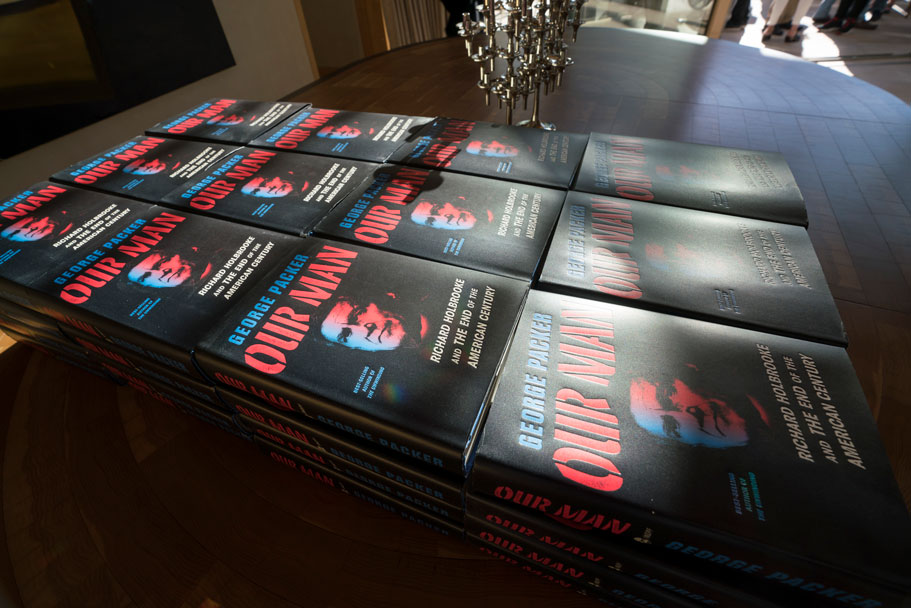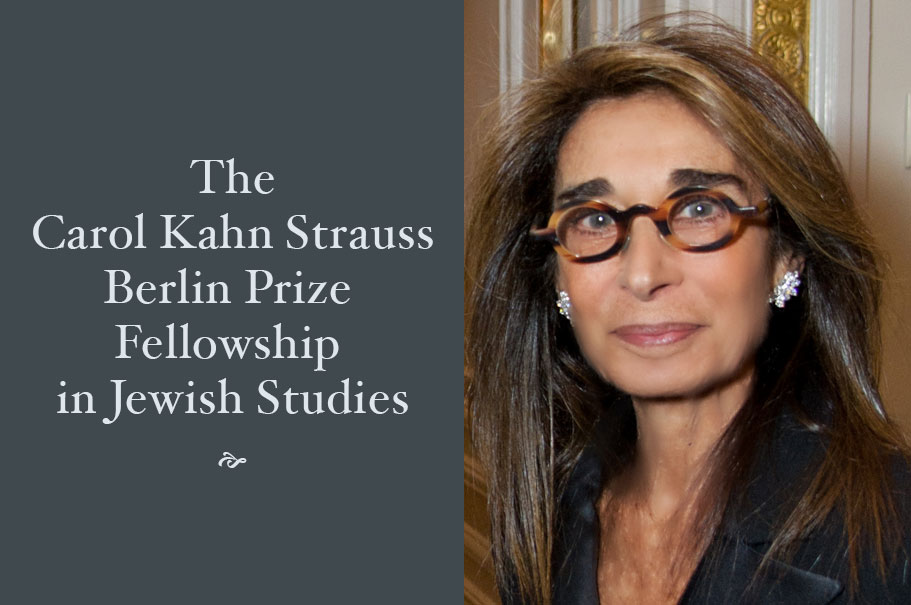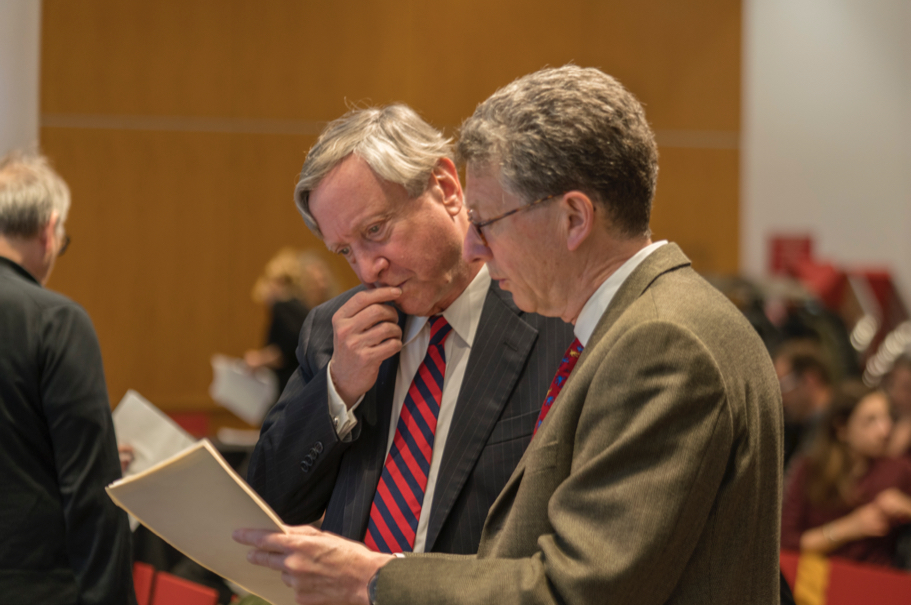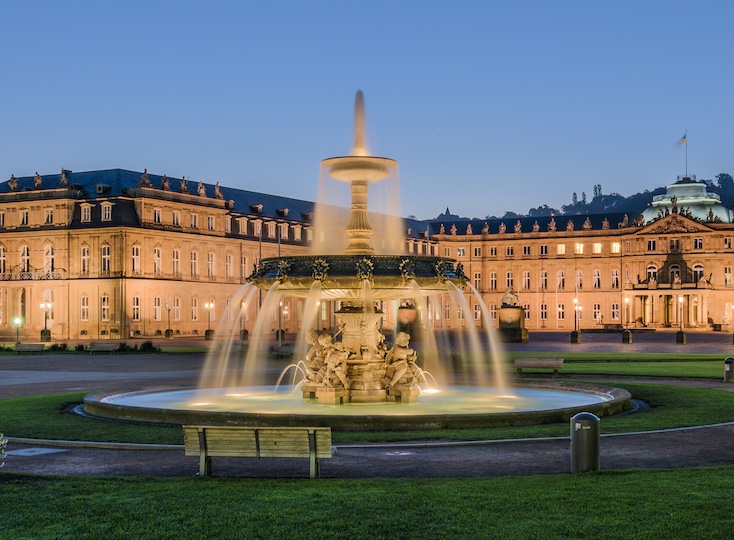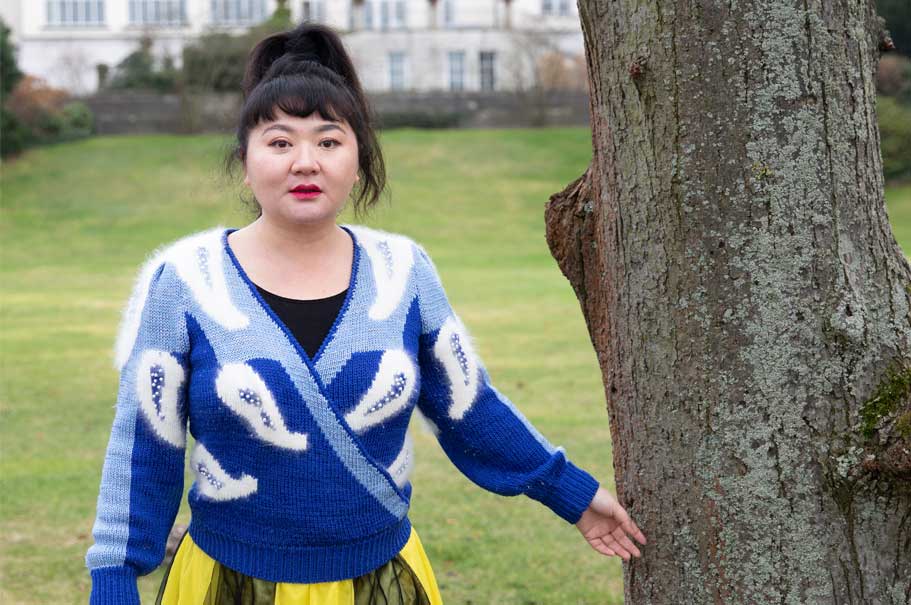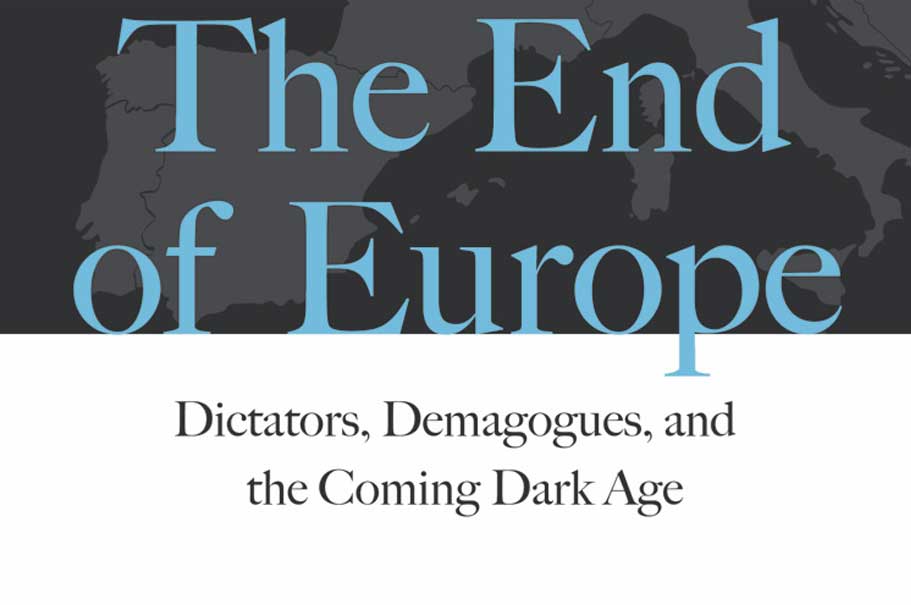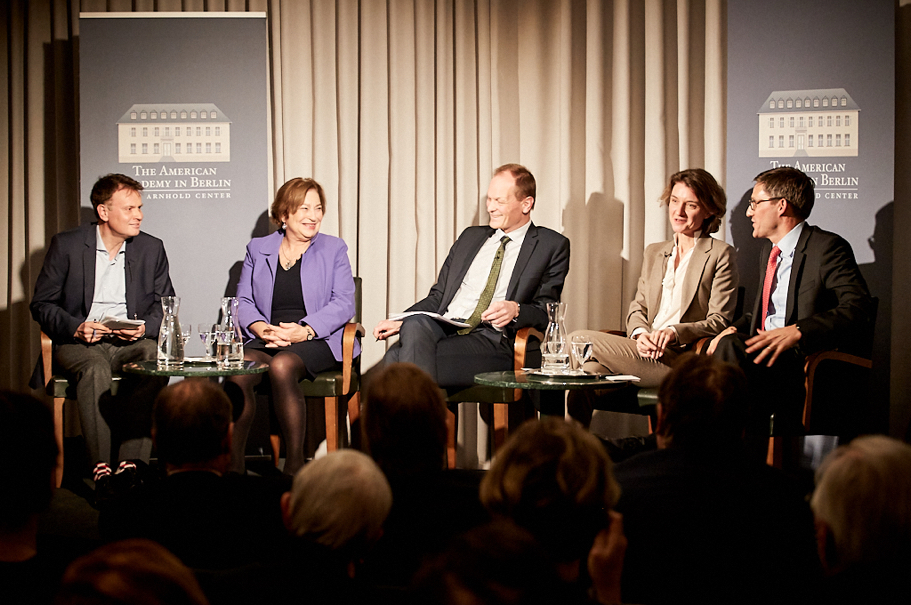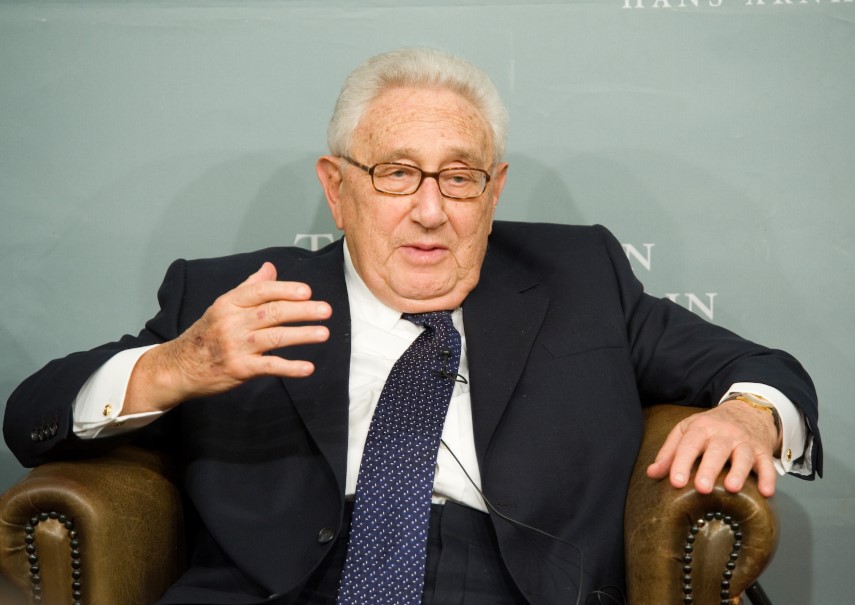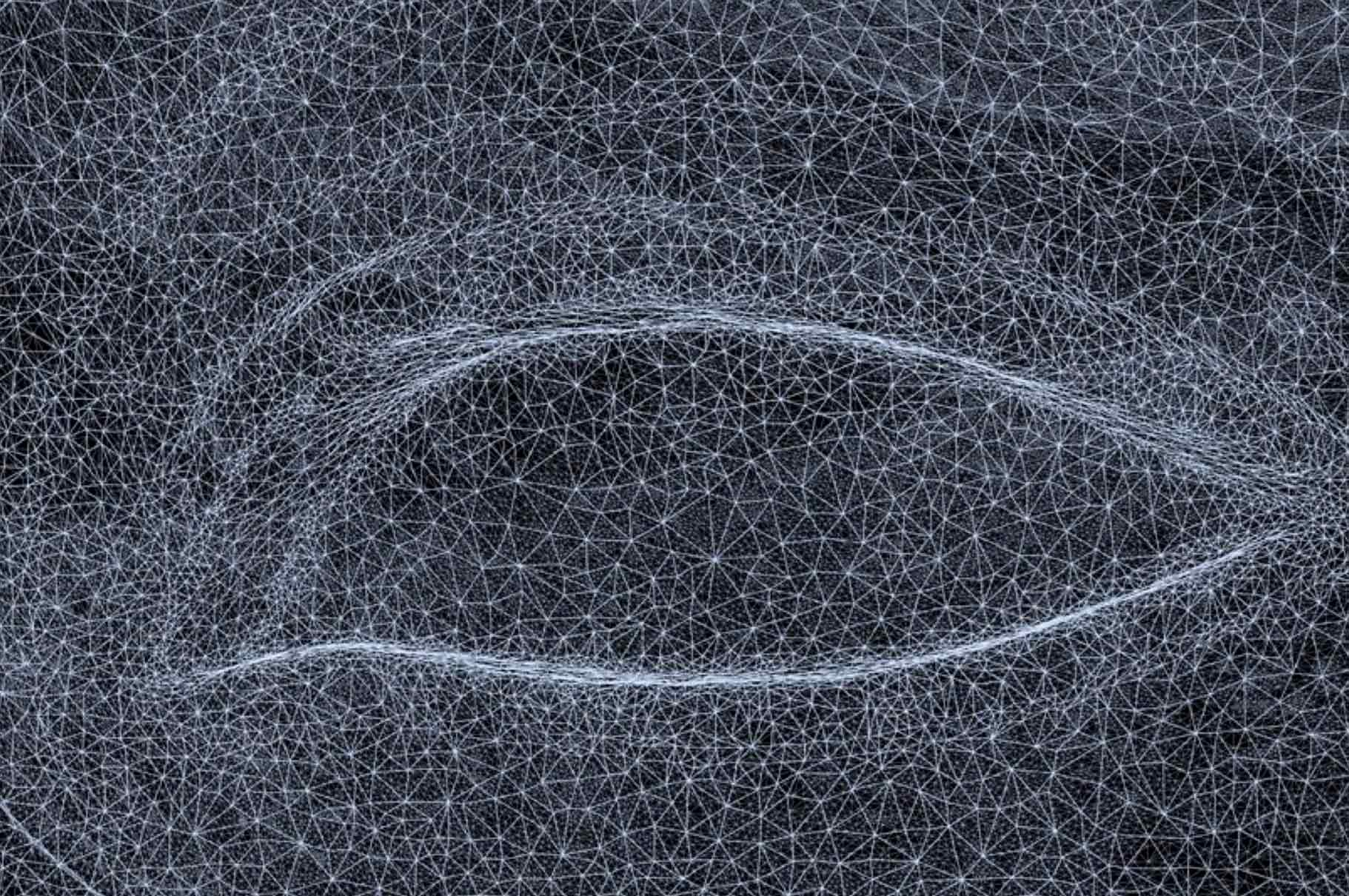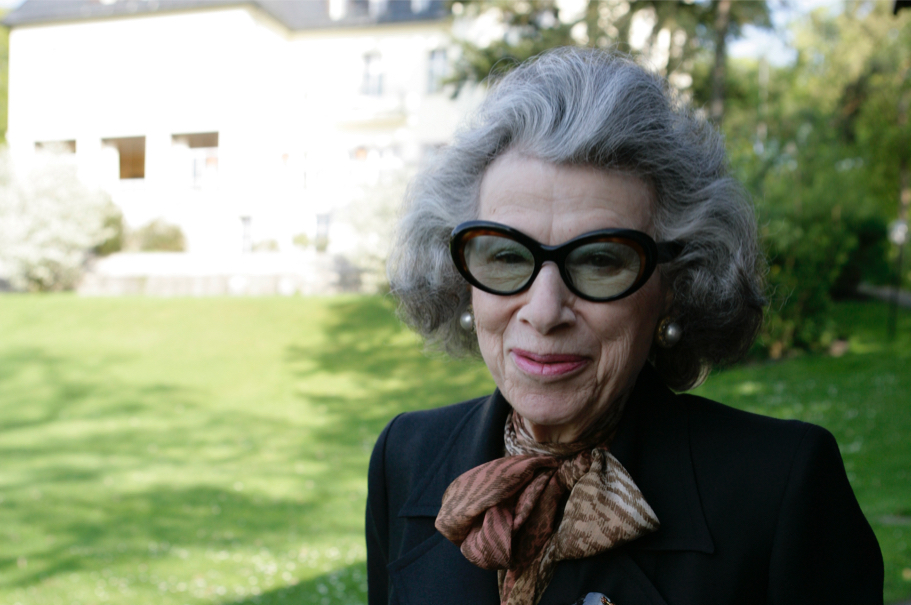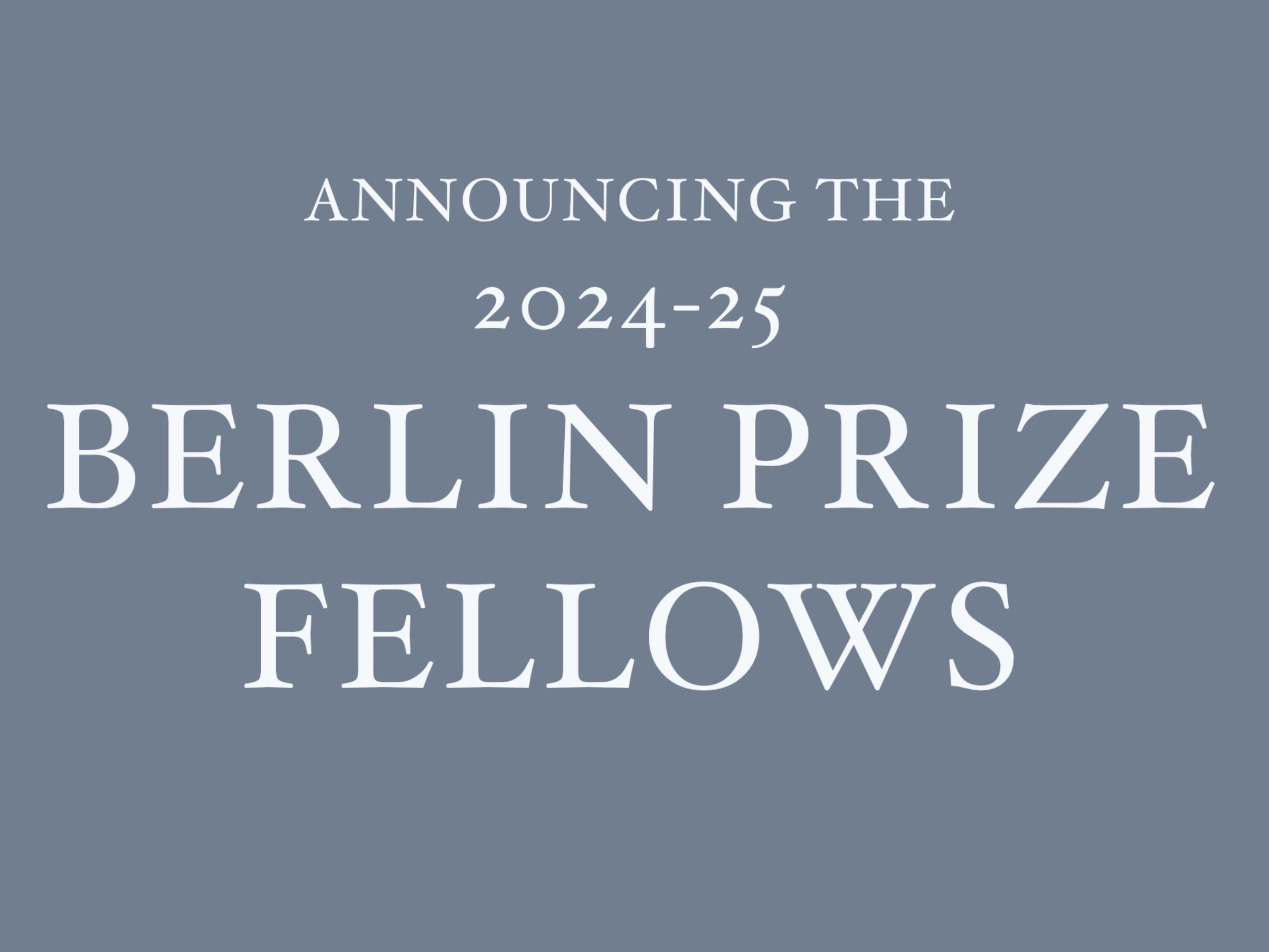
The 2024-25 Berlin Prize Fellows
BERLIN—May 6, 2024—The American Academy in Berlin is pleased to announce the Berlin Prize recipients for the 2024-25 academic year. The Berlin Prize is awarded annually to US-based scholars, writers, composers, and artists who represent the highest standards of excellence in their fields, from the humanities and social sciences to journalism, public policy, fiction, the visual arts, and music composition. Chosen by an independent selection committee, the 2024-25 class of fellows will pursue a wide array of scholarly and artistic projects, each summarized below.
The Berlin Prize provides recipients the time and resources to advance important scholarly and artistic projects, free from the constraints of other professional obligations. Fellows work throughout the semester with Berlin peers and institutions in the Academy’s well-established network, forging meaningful connections that lead to lasting transatlantic relationships. During their stays, fellows engage German audiences through lectures, readings, and performances, which form the core of the Academy’s public program.
Fall 2024 Berlin Prize Fellows
Peter H. Christensen
Ani and Mark Gabrellian Director of the Humanities Center & Arthur Satz Professor of the Humanities, University of Rochester
Living with Dignity
In his book project Living with Dignity, Peter H. Christensen explores how the built environment confers human dignity—or does not—through the lens of four human rights: to safety, work, privacy, and self-actualization. By treating dignity as a matter of design, Christensen applies these perspectives to the challenge of forging a more just society in the face of global upheavals such as climate change.
Iza Ding
Associate Professor of Political Science, Northwestern University
Green Waves: Environmental Nationalism Past and Present
Green Waves is a study of global histories of modern environmentalism that draws on cases across the United States, Europe, and Asia. From its birth in conservative politics inspired by romanticist reactions against industrialization to the liberal movement galvanized by labor activists and anti-war protesters, Iza Ding documents the malleability of environmentalism as a political idea up to the present, when conservatives are gradually discovering the political limits of climate-change skepticism and denial.
James N. Green
Professor of Brazilian History and Culture, Brown University
Generation 77: Youth Culture and the Demise of the Brazilian Dictatorship
Combining oral histories and textual resources, Generation 77 is a book project that traces the emergence and impact of student-led mobilization efforts in the years preceding the fall of the Brazilian dictatorship in 1985. Centered in São Paulo in the years 1976-78, this activity went beyond the prior generation’s opposition to dictatorship and served as an incubator for budding social movements focused on issues of personal identity, politics, and social change. By bringing such considerations to the forefront, these student mobilizations energized the labor strikes of 1979-80, which, in turn, challenged the dictatorship economically and enabled the rise of new political leadership, including that of future Brazilian president Luiz Inácio Lula da Silva.
David Grubbs
Distinguished Professor of Music, Brooklyn College and The Graduate Center, CUNY
Sound in Multidisciplinary Collaboration
David Grubbs’s book project explores the demands that composers and musicians face when working collaboratively in emerging hybrids of performance, installation, expanded cinema, interactive media, and sound art. Drawing on his own compositional work in ongoing collaborations with visual artists Anthony McCall, Angela Bulloch, Josiah McElheny, and poet Susan Howe, Grubbs offers insights into the contemporary role of music composition within a landscape of diverse practices.
Michael Kimmage
Professor of History, The Catholic University of America; Senior Non-Resident Associate, Center for Strategic and International Studies
Europe and the United States in the Shadow of War
With an eye to the nearby war in Ukraine, Michael Kimmage is in Germany to explore a number of topics for a planned set of essays. These topics include the impact of the war on Europe and the transatlantic relationship; German policy debates concerning the course of the war, the proper strategic approach to Russia; the best way of integrating Ukraine into “institutional Europe”; and how the US presidential election and European decisions on Ukraine will intersect.
Ayana Mathis
Novelist, Essayist, Distinguished Lecturer in English, MFA Program, Hunter College
Imprinted by Belief
Ayana Mathis’s collection of essays builds upon her eponymous New York Times series, which explores Christianity’s indelible imprint, for better or for worse, knowingly or unwittingly, on American identity and culture as well as the ways in which Christian ideas of morality and justice continue to inform the nation’s literature.
Nell Irvin Painter
Edwards Professor Emerita of American History, Princeton University
My Elsewheres
In My Elsewheres, renowned historian of the United States, artist, pundit, and memoirist Nell Irvin Painter undertakes a personal exploration of place and identity. Reflecting on her life abroad—in her youth in France and Ghana, and in her writing, in Germany—Painter’s book examines how these experiences shaped her self-understanding, perspectives on race and history, and the value of narrative storytelling.
Zachary Shore
Professor of History, Naval Postgraduate School; Senior Fellow, Institute of European Studies, University of California, Berkeley; National Security Visiting Fellow, Hoover Institution, Stanford University
A Wiser World: The Global Quest for Good Judgement
In his book project A Wiser World, Zachary Shore asks what history can teach us about making wise decisions. Drawing on global case studies from the twentieth century, he explores how wise national policies have emerged. He is particularly intrigued by the interplay of folly, friction, and pain. Some of the best decisions were often complete reversals of foolish ones, resulted from individuals working in opposition to each other and required empathy for human suffering. Understanding the conditions from which wise policy decisions arise, Shore argues, can help point us toward lasting solutions to our current global crises.
Mona Simpson
Writer
The Great Man, So-Called
Mona Simpson will be working on a novel centered on two women in the life of the iconic American president Franklin Delano Roosevelt: his wife, Eleanor, from whom he was deeply estranged, and Francis Perkins, his secretary of labor, and the first woman to ever hold that post. The only American president to serve more than two terms, and a man whose disability was carefully kept from the American public, Roosevelt relied on these women as he devoted his energies during his first two terms on lifting the American economy out of a debilitating depression and during his third and fourth to the growing involvement with the war. Simpson became fascinated with these two women while studying letters written by domestic workers (who were not covered by the New Deal’s protections) for her novel My Hollywood, about Los Angeles nannies. While most maids, cooks, and cleaning women wrote to the President their letters were often answered by Eleanor Roosevelt and Francis Perkins.
Max K. Strassfeld
Associate Professor of Religious Studies, University of Southern California
Disciplining Life
In this book project, Max K. Strassfeld examines the concept of life-cycle rituals connected to birth, puberty, marriage, and death. Implicit in the idea of the life cycle is the assumption that an autonomous individual is the basic unit of ritual, and that the goal of life is to reproduce. Drawing on feminist science, disability, queer, critical race, and trans studies, Strassfeld’s project seeks to challenge current scholarship that tends to trace the origins of such rituals to rabbinic literature and the vision of hetero-reproductive life to classical Jewish sources.
Amy Waldman
Writer and Journalist
Snow: An Emotional History
In the spring of 1927, a Schneepalast—an indoor snow palace, featuring artificial snow—opened in Berlin, followed by another in Vienna. The first of their kind, snow palaces were short-lived entertainments, yet from today’s vantage, they gesture at something unsettling: As the climate changes, both snowfall and snow cover are diminishing. In this book project, Amy Waldman examines cultural history, ecology, philosophy, and memoir to explore how snow has shaped not just our external circumstances but also our interior lives—she also explores the material and emotional impact of its loss.
Spring 2025 Berlin Prize Fellows
Jefferson Cowie
James G. Stahlman Professor of American History, Vanderbilt University
Crosswinds of a Common Nation: Unsettling the American Past
Pulitzer Prize-winning historian Jefferson Cowie traces American history through a unique assemblage of elusive stories, from Native encounters with Europeans to the rise of Black Lives Matter. Cowie writes that Crosswinds “explores America’s idea of itself: a victor’s memory largely based on the amnesia required to take a continent and maintain power.”
Mona El-Naggar
International Journalist and Filmmaker
Behind the Byline: A Reporter’s Tale on Women & Sexuality in the Arab World
Drawing on her twenty-year career spent largely in the Middle East with the New York Times, Mona El-Naggar writes an authoritative account of modern women in the Arab world. Centering on the stories of ordinary young women who face extraordinary obstacles because they dare to be different, El-Naggar’s work explores youth, gender, sex, politics, and culture, as well as her own relationship to her native Egypt as a journalist, woman, and mother.
Brian Evenson
Writer; Professor of Critical Studies, California Institute of the Arts
Handbook for a Future Revolution
Expanding on the themes of his 2005 novel, The Open Curtain—schizophrenia, violence, and religion—Brian Evenson’s book project Handbook for a Future Revolution explores the collision of Mormon ideas and ideals with European culture.
Daniel Jütte
Professor of History, New York University
This Rumbling Age: Locomotion and Shakeup in Europe, 1500-1800
In the first half of the sixteenth century, a new type of four-wheeled vehicle made its first appearance in Europe: the coach. In his book This Rumbling Age, Daniel Jütte traces the rise of vehicular traffic in Europe and how new modes of locomotion affected—and shook up—society, culture, and economic life.
Abhishek Kaicker
Associate Professor of History, University of California, Berkeley
The Colors of Life in Late Mughal Delhi: A Biography of Anand Ram Mukhlis
In this first full-length biography of scholar and bureaucrat Anand Ram Mukhlis (1699-1751), Abhishek Kaicker offers a study of Mughal intellectual life in a precolonial empire whose institutions of learning were vastly dissimilar to the European academy. Mukhlis’s work offers an understanding of the senses of self, life of the mind, and political engagements of an intellectual in a culture that would dissolve under British rule, while also providing an understanding of the changing cultural and political circumstances that led to the end of the Mughal Empire.
Ken Krimstein
Biographer and Graphic Novelist
Marching Toward Normal: A Nonfiction Graphic Narrative
In this semi-autobiographical graphic novel, Ken Krimstein returns to Deerfield, Illinois, the site of his bell-bottomed, trumpet-playing teen years. But just a few years before Krimstein’s adolescence, Deerfield was also the scene of egregious racial discrimination that somehow remained invisible to him and those around him. How could it be that a sordid tale involving the Ku Klux Klan, Martin Luther King, Jr., and the Supreme Court of the United States so quickly vanished from the town’s memory? Marching Toward Normal tells (and shows) a coming-of-age story about race, remembrance, and forgetting in twentieth-century America.
Agnes Mueller
Professor of German and Comparative Literature, University of South Carolina
Holocaust Migration: The Future of Memory
In this project, Agnes Mueller explores new literature in which today’s young German-based Jewish writers negotiate German–Jewish identity in a country where Holocaust migration history is but one of a variety of migration stories that shape their self-understanding. She considers this aspect against the competing legacies of secular Judaism, post-Soviet heritage, new gender and race dynamics, and other marginalized cultures, especially Muslim identities.
Sianne Ngai
Andrew W. Mellon Professor of English and the College, University of Chicago
Inhabiting Error
This book of essays explores the risks of recreating and lingering in “wrong” ways of thinking. Through close readings of writers and artists such as Marx, Hegel, Montaigne, Adorno, Ryusuke Hamaguchi, Elfriede Jelinek, and Lauren Berlant, Sianne Ngai argues that error is something we must live out to truly understand its reach, even when knowingly or artistically reenacting error risks unconsciously repeating it.
Adam Shatz
US Editor, London Review of Books
Worlds They Have Not Told You Of: Adventures in Creative Music
In this sweeping chronicle of the post-war Black music avant-garde, Adam Shatz combines history, criticism, and biographical portraiture to trace the musical routes of sonic exploration and creative self-determination from bebop to free jazz to the present day.
Rochelle P. Walensky
Infectious Disease Physician Scientist, Former Director, Centers for Disease Control and Prevention; Fellow, Harvard University Business School, Kennedy School, T.H. Chan School of Public Health
Fighting Infectious Disease
Drawing upon her career as an infectious disease clinician, a decision-science researcher, hospital division head, and public-health leader, Rochelle P. Walensky comes to the Academy to complete a project about the public health and social/behavioral challenges posed by existing and emerging infectious diseases.
Pamela Z
Composer, Performer, and Media Artist
Arbeitsklang/WorkSound
Arbeitsklang/WorkSound is a sound and performance piece that incorporates sampled work-related sounds with speech fragments from interviews with artists, food and factory workers, journalists, retailers, and educators in Berlin. Pamela Z’s finished piece will be both a fixed-media soundwork and a live, intermedia performance that includes vocal and instrumental sounds woven into the fabric of collaged speech fragments and work sounds.

